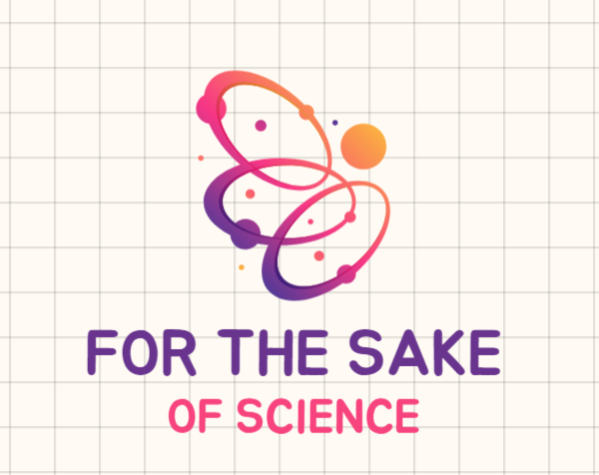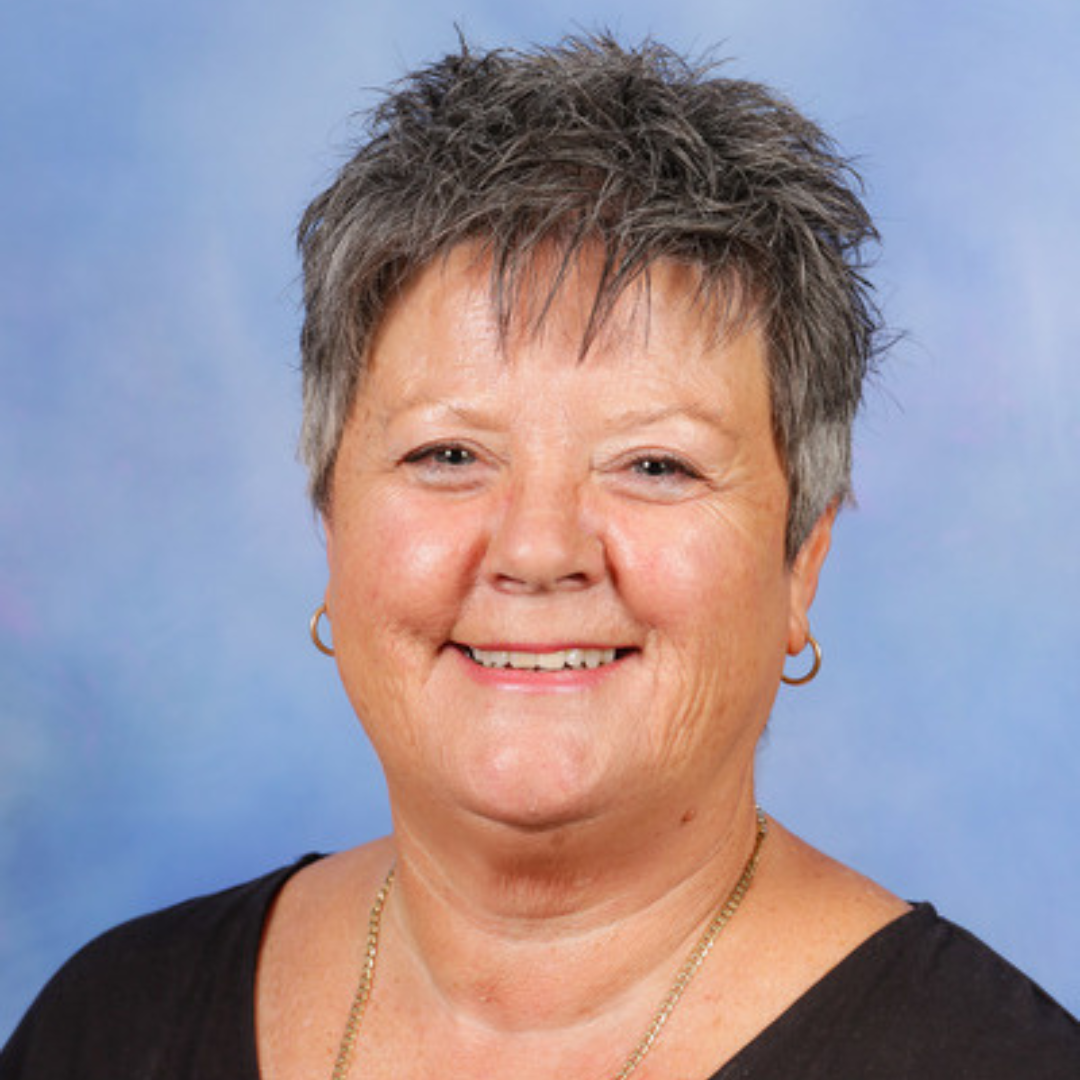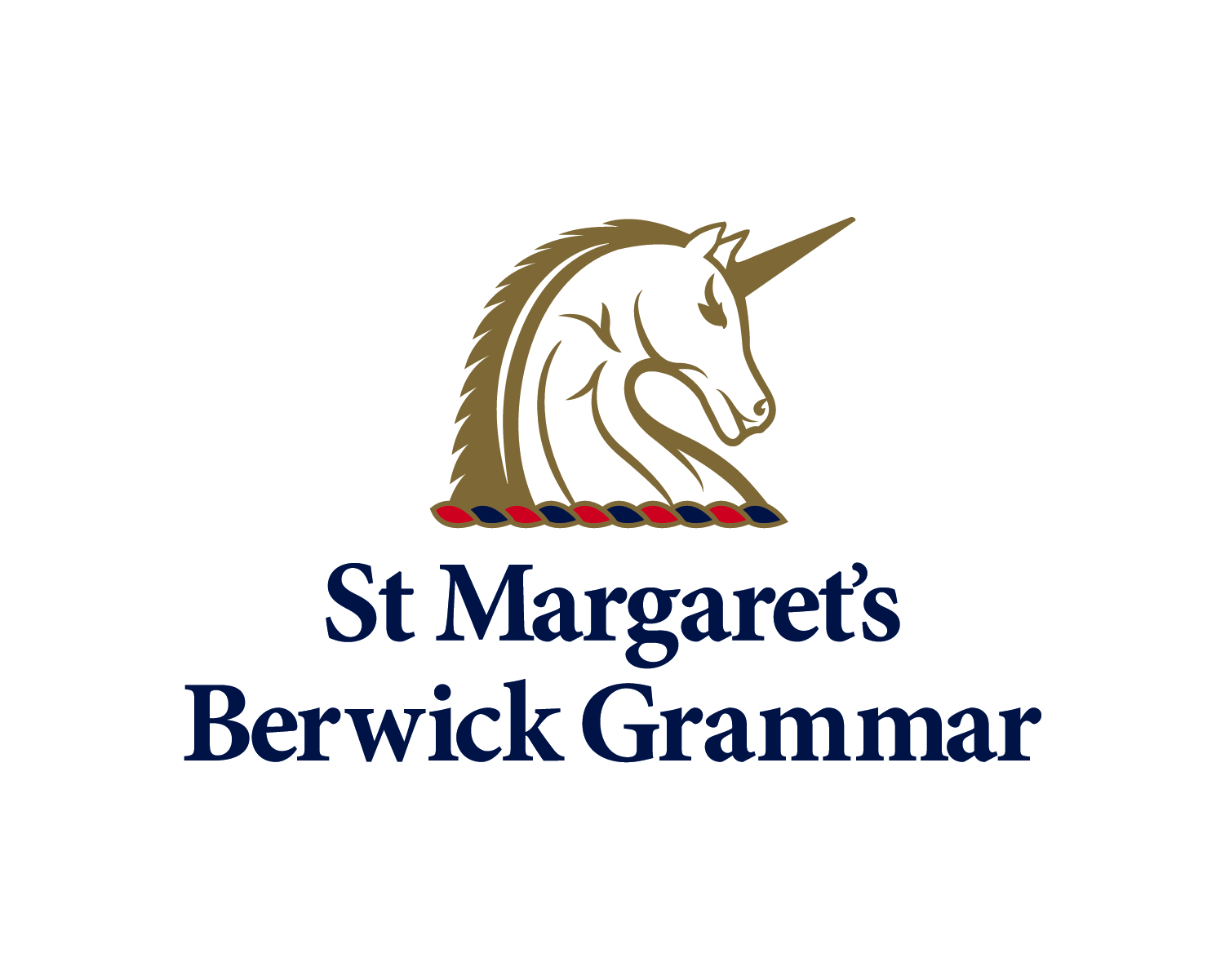
Beyond Year 12 Conference
The Beyond Year 12 Conference at ANU took place on Monday and Tuesday this week. After a busy week at camp I was fortunate enough to represent St Margaret’s and Berwick Grammar School at this prestigious event. The goal of the conference is the encourage dialogue between secondary schools and universities across Australia. There were over 130 schools represented and it was an excellent opportunity for me to discuss the excellent work we are doing here at St Margaret’s and Berwick Grammar School with principals and leading teachers.
The main themes that came through the conference were; ‘choice paralysis’, ‘increased mental health issues’, ‘engagement and self-efficacy’, ‘risk aversion’ and the need for strong relationships between universities and high schools. The themes resonated with the behaviours that I see in the young people that we work with.
Students often don’t start an activity if they have too much choice, they can’t decide as they are genuinely concerned about the outcome. As educators and parents, the best thing we can do for our young people is encourage them to make decisions and deal with the consequences – whether they are good, bad or neutral. The inability to make a choice is referred to as choice paralysis and is evident in different scenarios for everyone. The scenario that the conference focused on was addressing the large number of students who select a course and don’t end up coming to university. The general feeling is that young people are overwhelmed with choice and don’t know what to do, this means they don’t choose or drop out.
Increased mental health issues is one theme that constantly comes up when dealing with why everything is going wrong in society. It seems clear to me that if we look at the cause of many (not all) of these issues is a lack of connection. St Margaret’s and Berwick Grammar School are working hard on improving the outcomes of our students through our co-curricular programs and our excellent House Pastoral Care system. Interestingly, the universities commented that it was particularly difficult to encourage young people to engage with the clubs and societies offered. They are working hard to build those programs and provide mentors for young students, which was really pleasing to hear.
The last theme I will touch on was that of engagement and self-efficacy. The gala dinner guest speaker was Dylan Alcott (OAM). He highlighted that 1 in 5 Australians have a disability. People lower their expectations of people with a disability. He told the story of him getting a coffee and someone saying that it’s ‘inspirational’ to see him out getting his own coffee. Whilst he understands that someone was just trying to be ‘nice’, it is a true reflection of the low expectations that we have of people with a disability. This is disempowering and disengaging. We as educators and parents must insist that our students advocate for themselves and learn (age appropriately) how to push through boundaries, so that they will be their own advocates in the future. We also must normalize having a disability, 1 in 5 is a lot of people, and understand that they are capable people and we must encourage them to develop all the skills they need for the future.
This is just a snap shot of what was a truly engaging experience. I will be sharing more of the interesting information that I learned with both staff and students early in 2020.
Ms Delanie Lewis
Head of House Forsyth






